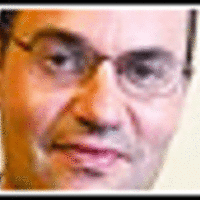Ben Franklin: Founding father, inventor, geo-engineer?
Loading...
Do you miss the 1990s? Those were the days before field experiments and RCTs where the typical paper might start, "This paper exploits a natural experiment to study the effect of X on Y." I have just learned that Ben Franklin was way ahead of us. Back before the QJE existed, in 1784 to be precise, Franklin noted that after volcano eruptions that temperatures were lower. Geo-engineering has some empirical basis. How do I know this? I attended a Freshmen lecture at UCLA today.
To quote Scientific American and Karen Harp, "In 1784, Benjamin Franklin made what may have been the first connection between volcanoes and global climate while stationed in Paris as the first diplomatic representative of the United States of America. He observed that during the summer of 1783, the climate was abnormally cold, both in Europe and back in the U.S. The ground froze early, the first snow stayed on the ground without melting, the winter was more severe than usual, and there seemed to be "a constant fog over all Europe, and [a] great part of North America."
Now that empirical economists are working on climate change adaptation, what other research could be conducted on geo-engineering and its direct consequences and unintended consequences? Will a future James Bond movie plot focus on Bond having to help or kill a "geo-engineer"?








